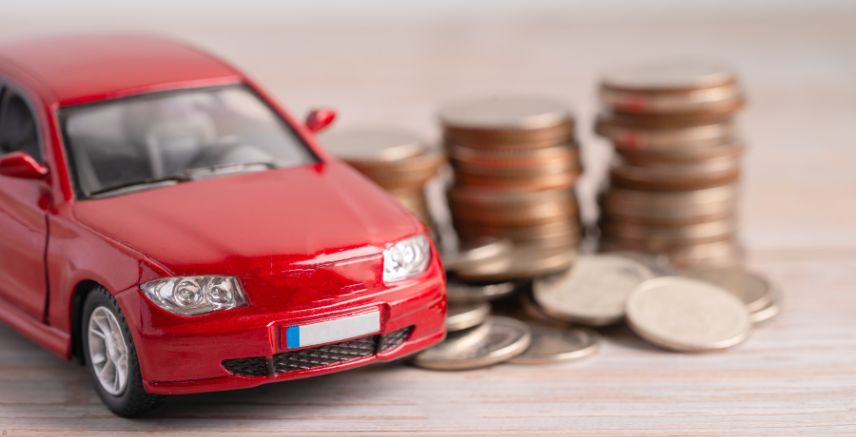Get Cash for Old Cars
If you’ve got an old car sitting in your driveway or a rusted-out vehicle taking up space in your garage, you might be sitting on a small pile of cash without even realizing it. Junk and old cars can still have value—even if they’re no longer running—and there are reputable buyers willing to pay you cash for them. Whether you’re looking to free up space or make a little money, here’s what you need to know to sell old or junk cars for cash in the United States.
Step 1: Understand What Your Car is Worth
Before selling your car, it’s important to have a general idea of what it might be worth. Several factors influence the value of a junk car, including:
- Year, make and model. Popular or rare models may fetch more money.
- Condition. A car that still runs will usually be worth more than one that doesn’t.
- Location. Some areas may have higher demand for scrap metal or used parts.
- Current scrap metal prices. These can fluctuate, impacting what buyers are willing to pay.
- Title status. Having a clear title usually increases the value.
On average, most people can expect to get between $100 and $1,000 for a junk car. If your vehicle is relatively intact and contains working parts, or if it’s still drivable, you may get more.
Step 2: Collect Important Paperwork
To legally sell your car, you’ll typically need a few documents:
- Vehicle title. This proves you own the vehicle and have the right to sell it.
- Registration (if available). Some buyers may ask for it.
- Photo ID. A driver’s license or state-issued ID is usually sufficient.
If you don’t have a title, some junkyards or buyers will still take the car—especially if it’s old—but you might receive less money, and you'll need to sign additional paperwork.
Related Search Topics (Ads)
Step 3: Find a Reputable Buyer
Finding a legitimate and trustworthy buyer is one of the most important steps in this process. You have several options, including:
- Local junkyards or salvage yards. These are often willing to pay for old or inoperable vehicles. Call around to compare offers.
- Cash-for-car services. Companies like Peddle and Wheelzy specialize in buying old or junk cars and often provide free towing.
- Online marketplaces. Websites like Craigslist or Facebook Marketplace can connect you directly with local buyers or hobbyists looking for parts or restoration projects.
- Auto recyclers. These businesses dismantle cars for parts and scrap metal.
When choosing a buyer, always check online reviews, verify their business license (if applicable) and make sure they offer transparent terms. A reputable buyer should provide a written offer, explain the payment process and clarify if towing is included.
Step 4: Get Multiple Quotes
Don’t accept the first offer you receive. Take the time to get multiple quotes from different buyers. Make sure to provide accurate information about the vehicle, such as:
- Whether it starts or drives.
- The condition of major parts like the engine and transmission.
- Any missing components (like the battery or tires).
This will ensure you get the best price and prevent surprises during pickup.
Step 5: Arrange for Pickup or Drop-Off
Most junk car buyers will offer free towing, especially if the vehicle doesn’t run. Be sure to confirm:
- Whether towing is included in the offer.
- If there are any hidden fees (such as mileage or weekend charges).
- A specific window of time for pickup.
Make sure to remove personal belongings from the vehicle and take off the license plates before handing it over.
Step 6: Get Paid and Complete the Sale
Once the vehicle is picked up or dropped off, the buyer should pay you on the spot, usually in cash or via check. Avoid anyone who wants to delay payment or asks for additional fees after agreeing on a price.
Be sure to:
- Sign over the title properly to the buyer.
- Get a receipt or bill of sale.
- Cancel your car insurance.
- Notify your local DMV that you’ve sold the vehicle.
Most states allow you to report the sale online, which helps protect you from any liability if the vehicle is later abandoned or involved in an accident.
Bonus Tip: Consider Donating If You Can't Sell
If your vehicle isn’t worth much or you’re not interested in the hassle of selling, consider donating it to a charity. Organizations like Goodwill or Habitat for Humanity often accept vehicle donations, even if they’re not running. You may also qualify for a tax deduction.
Keep reading to learn about questions you should ask before buying a used car.

